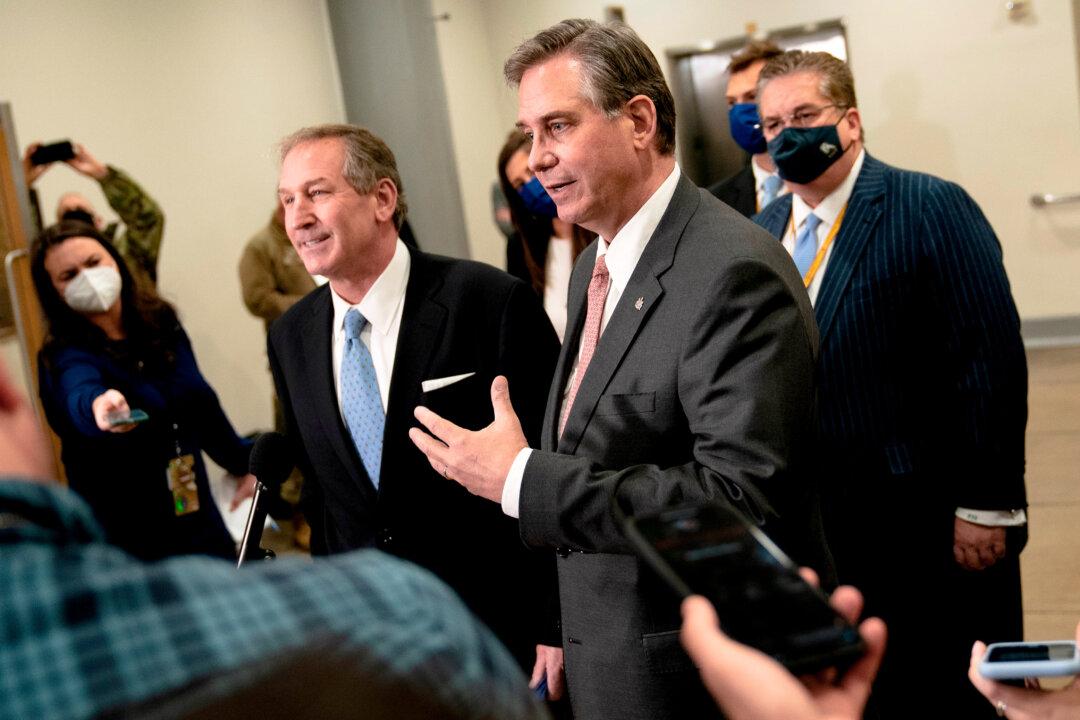Bruce L. Castor Jr. is a lawyer based in southeastern Pennsylvania. He served as a prosecutor and elected or appointed government official for more than 30 years before joining the private sector. Routinely listed as among the United States’ top lawyers, Castor led the team that successfully defended former President Donald Trump in his impeachment trial in 2021.
The Epoch Times: How can we trust our federal government now?





